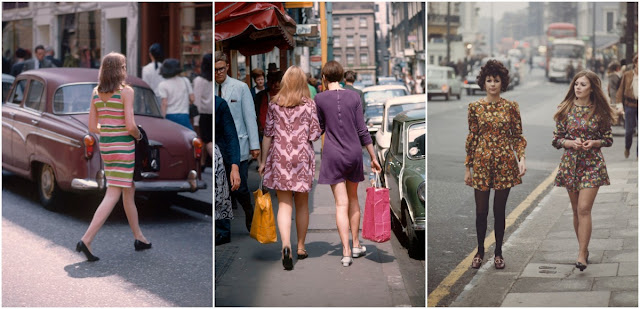Glastonbury Festival, one of the largest and most renowned music events in the world, underwent its initial stages of development in the 1970s. During this decade, Glastonbury began as a small event on a farm in Pilton, Somerset, and later became an integral part of the global music culture.
First organized in 1970 by Michael Eavis and Marc Bolan, Glastonbury Festival was initially known as the "Pilton Festival," lasting only one day and attracting about 1,500 participants. However, from 1971, the event became the Glastonbury Fair and later the Glastonbury Festival.
In the 1970s, Glastonbury Festival quickly became a significant cultural meeting place, attracting attendees from all over the world. With the presence of artists like David Bowie, Led Zeppelin, and Hawkwind, the event garnered the attention of thousands of music lovers and artists.

Beyond music, Glastonbury also became a venue for activities such as conferences and lectures, creating a space for cultural exchange and dialogue.
However, in its early years, Glastonbury faced various challenges, including financial and organizational issues. Nevertheless, thanks to the commitment and efforts of organizers and the music community, the event overcame these challenges and continued to develop into one of the largest music festivals in the world.
In conclusion, the 1970s marked the meaningful development of Glastonbury Festival, from a small event on a farm to a global music icon. The event has become an essential part of music culture and an ideal destination for music lovers and advocates of cultural freedom.




